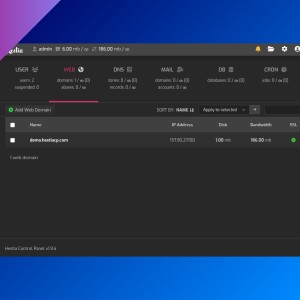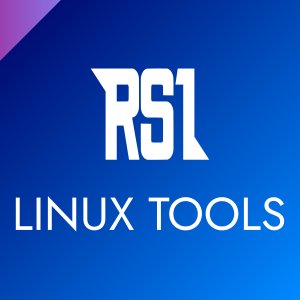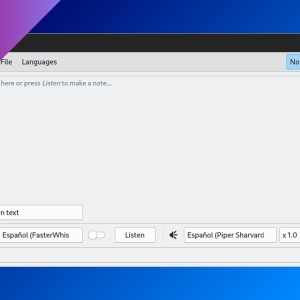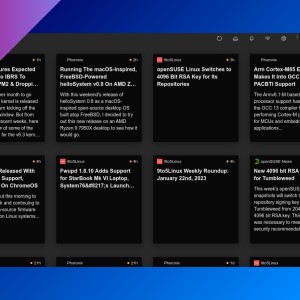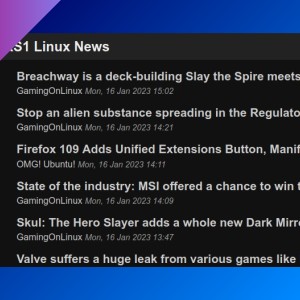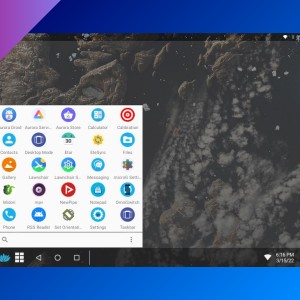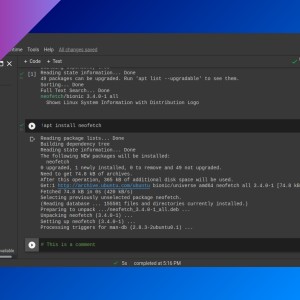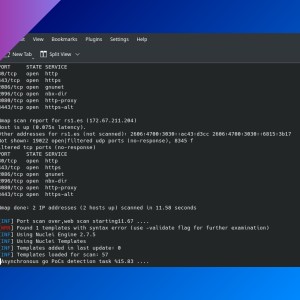Podman: maybe the best container manager
Table of Contents
Podman is a Docker-compatible command-line container manager with great features and easy to install and use.
Installation
You can install podman with a package manager (apt, pacman, etc.)
Useful features
- You don’t need to add the user to any group to be able to use Podman without
sudo(rootless mode). But you maybe need root permissions for some tasks. - Every user has its own containers (and images).
Usage
Podman has the same commands as Docker: ps, run, images, rm, stop/start, etc. You can even create an alias if you want to type docker instead of podman:
alias docker='podman'Run containers
podman run -it docker.io/library/archlinuxBecause podman is compatible with several registries, you need to use full paths when referring to an image:
- Official images have this path:
docker.io/library/<image>. - Images from other publishers have this path:
docker.io/<publisher>/<image>.
# Run
podman run -d -p 8080:6901 docker.io/accetto/ubuntu-vnc-xfce-firefox-g3
# instead of
podman run -d -p 8080:6901 accetto/ubuntu-vnc-xfce-firefox-g3You can type debian (instead of docker.io/library/debian) because there is an alias to the full path on shortnames.conf (inside /etc/containers/). Edit this file to add more aliases.
Stop/start created containers
Like shutdown/start a computer:
podman stop <container name/ID>podman start <container name/ID>Pause/unpause containers
Like hibernating a computer, pauses processes:
podman pause <container name/ID>podman unpause <container name/ID>List containers
podman ps #show running containers
podman ps -a #show stopped and running containersRemove containers
podman rm <container ID/name>Copy files to container
podman cp <file> <container ID/name>:<path>Export/import a container
# Container example name: mycontainer
# New image example name: mynewimage
podman export -o mycontainer.tar mycontainer
podman import --change ENTRYPOINT=/bin/bash mycontainer.tar mynewimage
# You may need to change entrypoint if your container has another shell
podman run -it docker.io/library/mynewimageSave an image locally
podman save --format <format> -o <file> <image>- Available formats:
docker-archive(tar archive compatible withdocker load),oci-archive(tar archive using the OCI Image Format),oci-dir(a directory using the OCI Image Format),docker-dir(dir transport).
More commands
podman inspect <element>: information about a container, image, network, etc.
Check https://docs.podman.io/en/latest/Commands.html for more info about available commands.
Podman Compose
There is a package in Arch Linux official repositories called podman-compose that can run Docker Compose environments with podman. After installed, just replace docker-compose with podman-compose (e.g.: podman-compose up). In addition to that, since v3.0, Podman supports Docker Compose, which can run against Podman REST API (only when running as root).
Troubleshooting
Binary not foundwarning.
WARN[0002] binary not found, container dns will not be enabledTry installing aardvark-dns.
newuidmaperror.
newuidmap: subuid overflow detectedTry editing /etc/subuid and /etc/subgid:
root:100000:65536
<your username>:100000:65536podman search <search term>does not return any results. Edit/etc/containers/registries.conf, uncomment and edit this line (by replacingexample.comwithdocker.io):
unqualified-search-registries = ["docker.io"]- Remove external containers (from interrupted builds).
When a temporary container has been created by a tool like ‘buildah’ during an image creation, it will show when running
podman ps --external. To remove those containers (after interrupting a build, for example), first list the containers with the above command to see their ID. Then, unmount the containers:podman unmount <container ID>. Finally, remove the container withpodman rm <container ID>.
If you have any suggestion, feel free to contact me via social media or email.
Latest tutorials and articles:
Featured content:

